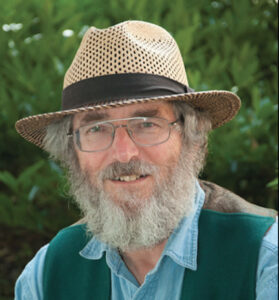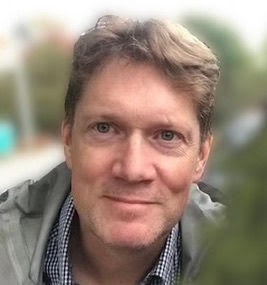Climate change has captured much attention, but it is just one part of a much larger set of massive and rapid global ecological changes. While the UN has taken to referring to the ‘triple planetary crisis’ of climate change, biodiversity loss and pollution, even this does not capture the full extent of human impact upon the Earth – and thus upon human well-being. Canada’s ecological footprint is equivalent to five planets worth of biocapacity, and healthcare’s footprint is probably greater. So while health systems need to become low-carbon or net-zero, they need to go further. If healthcare is to stand by its ethical duty to do no harm, it must become a ‘one planet’ system. In addition to becoming a ‘net-zero system, healthcare must reduce the consumption of material resources, the use of toxic substances and production of all forms of waste, and protect and restore nature.
Featured Speaker:

Trevor Hancock, Professor Emeritus
Dr. Trevor Hancock is a public health physician and health promotion consultant. He ‘retired’ in 2018 from his role as Professor and Senior Scholar at the School of Public Health and Social Policy at the University of Victoria. He is one of the founders of the (now global) Healthy Cities and Communities movement and co-founded both the Canadian Association of Physicians for the Environment & the Canadian Coalition for Green Health Care, for whom he wrote ‘Doing Less Harm’ in 2000. He has a long-standing interest in the creation of healthy and sustainable hospitals and health systems and in the 1990s worked with Planetree on these issues.
Moderator:

Dr. Myles Sergeant, MD, a family physician who has worked with vulnerable populations, including new immigrants and refugees, people experiencing homelessness, and the elderly. He is Executive Director of the Canadian Coalition for Green Health Care

